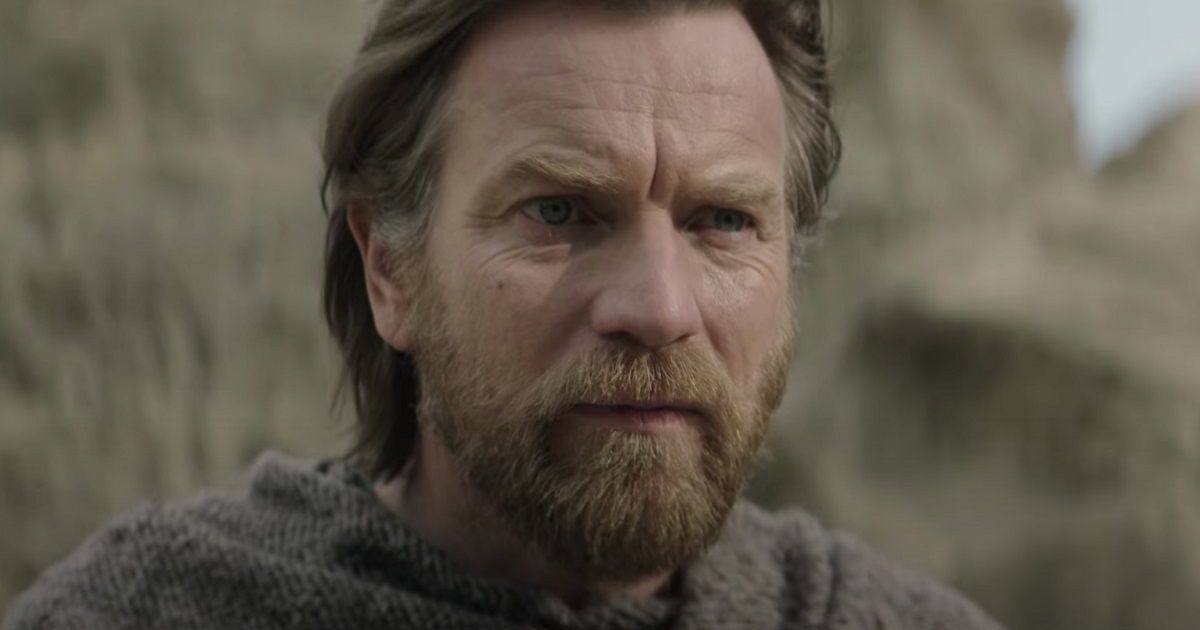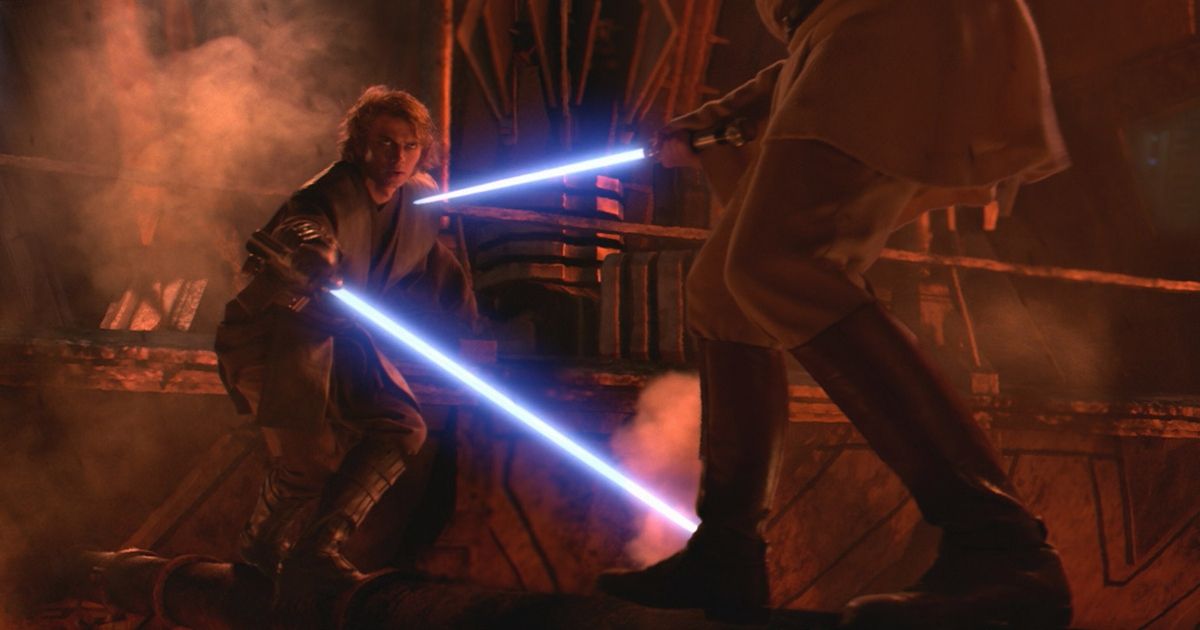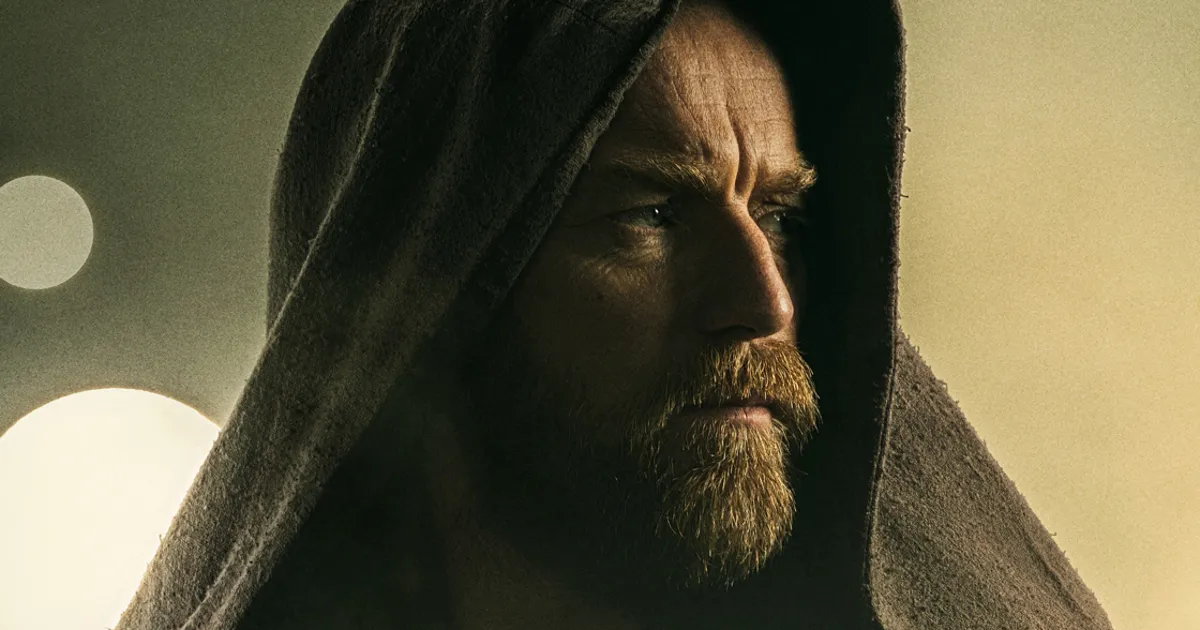Why did Disney make a Star Wars show about Obi-Wan Kenobi? The answer seems obvious: Because he’s Obi-Wan. He’s important to the stories of both the prequel series and the original trilogy. Alec Guinness and Ewan McGregor both played a character that’s at the heart of many people’s nostalgia, whether for the prequels or the original films. Obi-Wan was also in the beloved animated series Star Wars: The Clone Wars. He’s also one of the few remaining Jedi, and so, in Obi-Wan Kenobi, he is on the run from the Empire’s ever-watchful eye, which is sure to add to the drama of the show.
But that doesn’t answer the question. What, at the very core, is Obi-Wan’s story about? Any show needs a clear idea of what kind of story it’s going to tell before it starts, especially a character driven show. What is this one going to be about? This article seeks to try and understand what sort of story Disney may tell through this show. One thing is for sure: Obi-Wan’s life to this point has been defined by loss and tragedy, but also by the one hope that he might be able to redeem his mistakes.
The Archetypical Jedi
Obi-Wan, in many ways, is perhaps the most archetypical Jedi. It's fitting that the first Jedi we meet in A New Hope is still the model for what a Jedi is supposed to look and act like. Audiences also got to see the structure of the Jedi Order in Phantom Menace, when Obi-Wan turned up as Qui-Gon's Padawan learner. When Anakin clashed against the Jedi Order in Revenge of the Sith, it was Obi-Wan who fought against him. Sources like the Master and Apprentice novels show that Obi-Wan was a fairly by the books sort of Jedi, acting as a foil for the more reckless and brash Anakin Skywalker.
Despite this, he doesn't end up being a stick in the mud like some Jedi can be. Rather he's one of the most likable Jedi. Part of this is due to McGregor's performance in the prequels, as he accentuated some of the more fun aspects of Guinness' take on the character. Obi-Wan's incurable snark as a younger man helps sell his subtle mirth as an older one. Additionally, he, like most Jedi it seems, also fails to completely rid himself of attachments — one of the arguably unrealistic rules of the Jedi Order. He shows genuine brotherly love for Anakin and remarks during the movies that he is proud of him. Then, there is the case of Duchess Satine Kryze, his one love. During The Clone Wars, he says, at one point in his life, he would have given up being a Jedi to be with her if she had asked it of him.
Obi-Wan was someone who was a stickler for the rules, but he has sacrificed for his convictions and for the Jedi Order. He is loyal, and it costs him. Satine is killed by Darth Maul in order to hurt him, and arguably it is his own inflexibility that leads to Anakin's own downfall.
His Tragic Journey
Obi-Wan's rigidity and loyalty to the Jedi Path would be his undoing. It is often a question if Obi-Wan was the best master for Anakin, as outlined by CBR, or if his late master Qui-Gon, who was willing to bend rules for the sake of helping people, would have been able to better help the young Anakin through his fear and rage. One thing is for sure: Anakin did not feel he could trust his 'by the book' master with a secret like his marriage to Padmé. It was the fact that Obi-Wan could not or would not meaningfully help Anakin through his trouble that sent the young Skywalker into the waiting arms of Darth Sidious, who would slowly corrupt the young Jedi.
Revenge of the Sith chronicles the culmination of the rift between Anakin and Obi-Wan. Despite the fact that they care about one another, Anakin does not trust Obi-Wan to understand when he begins seeing visions of a future when Padmé dies. This leads to Skywalker seeking help in the only place he thinks he can: Palpatine. The old Sith manages to manipulating everything so that the Jedi are destroyed, by the same Clones that Obi-Wan had led in battle, and the Dark Lord of the Sith has taken Anakin as his own apprentice.
His Only Hope
Ultimately, Obi-Wan's story is an interesting one in terms of fantasy narrative conventions. It takes the trope of the mentor and asks: What if the Mentor failed? What if he trained someone who turned to the evil? What if he was, in no small part, to blame for that betrayal? The tragedy comes from the fact that Obi-Wan's own flaws, per Screen Rant, contributed to that downfall. Now, he lives in exile on Tatooine, being hunted by a Republic he once swore to protect as it changes into something much darker.
However, Obi-Wan is as much defined by his response to tragedy as he is by the mountain of loss he finds himself under. When he saw Qui-Gon cut down in front of him, he charged at his killer and cut him in half. When Satine was killed, he remained with the Order despite the blow it was to his emotions. When the Order was destroyed and his apprentice betrayed him, he still worked towards a final hope in the form of Luke Skywalker, watching over him until the boy was ready to take on the Empire.
Obi-Wan's resilience is inspiring, but it's made more so by the fact that his pain is so well conveyed. McGregor did an excellent job conveying Obi-Wan's pain in Revenge of the Sith, when confronted with Anakin and forced to fight him, which makes it all the more exciting that he will be reprising his role in the new Disney+ show. This duality of loss and hope is also likely to be a central theme in that show if the writers understand his character. Obi-Wan is compelling because of his tragedy, but also because he is willing to overcome it.




